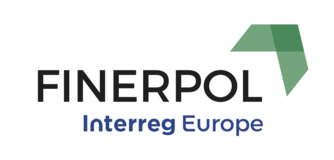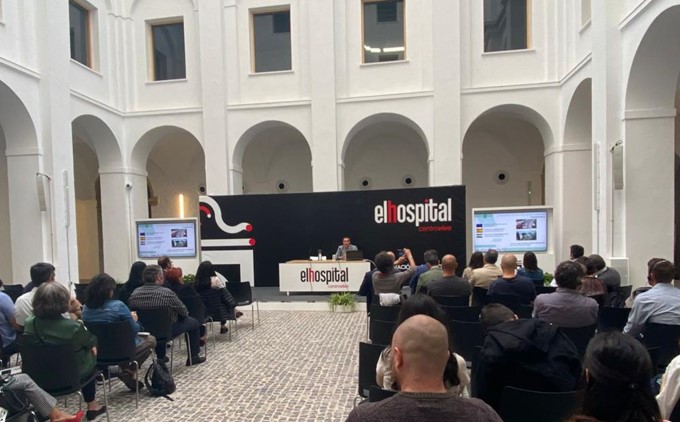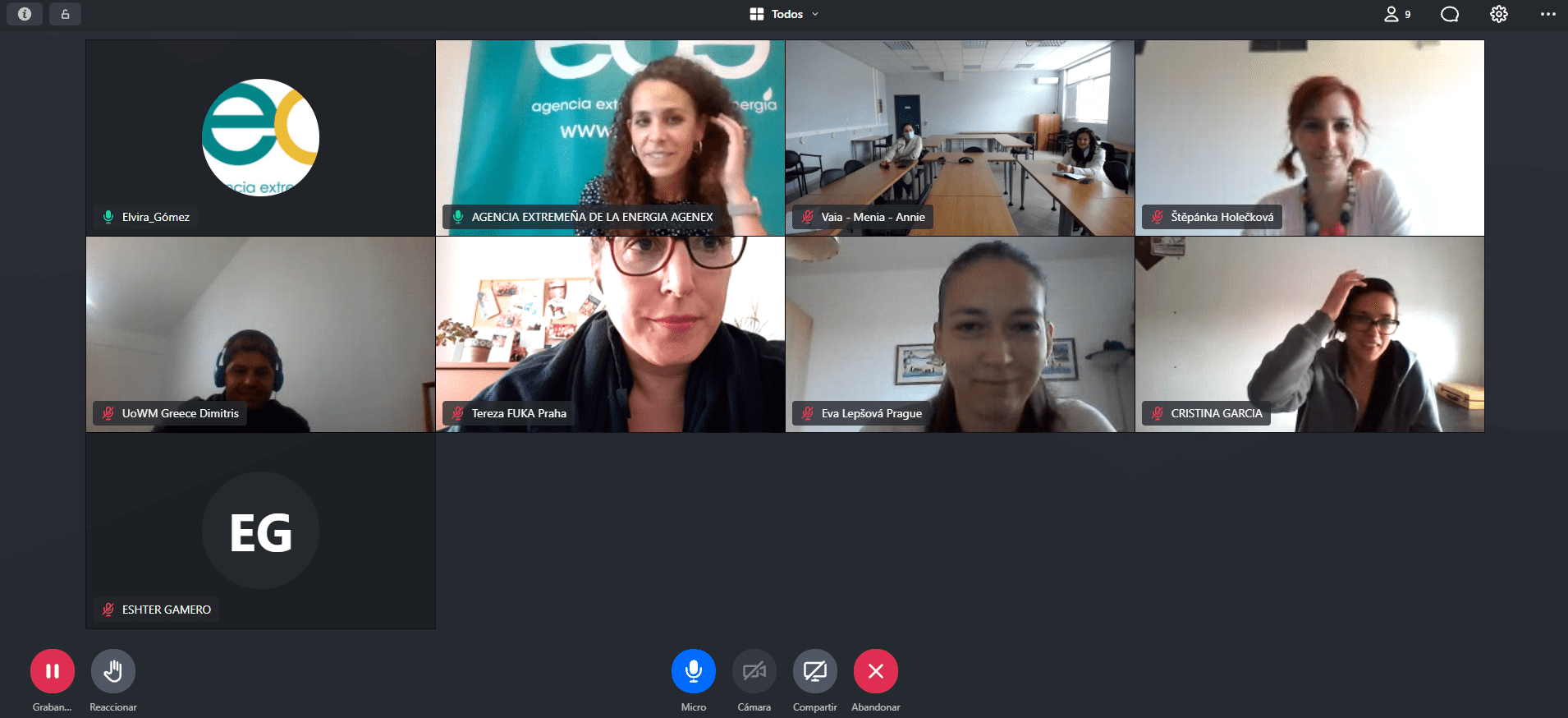In the Autonomous Province of Trento, in Italy, the Action Plan aims to encourage the activation of new energy efficiency projects on existing public and private buildings, especially within Public-Private Partnership mechanism and EPC schemes.
Thanks to the work of selecting best practices in financial instruments done during the first phase of FINERPOL project, the Province learned that:
- Small and medium Municipalities need the help of bigger institutions like Province in order to better manage European Funds;
- Small projects should be aggregated into large-scale tenders in order to attract the interest of bigger and more qualified ESCOs (that usually can offer higher investments and better performances);
- There is a need for a common method for energy auditing in order to gain consistent and robust data on consumption that could help the evaluation of the project by the market;
- EPCs with TPF is becoming a common standard for energy efficiency projects as it ensures the performance and a correct allocation of risks;
- Light energy efficiency projects are feasible, with appreciable results, even without direct public contribution;
- Public grant is useful for the realization of deep renovation works on buildings with high levels of energy savings (e.g. >50-60%) and/or to reduce the duration of the EPC;
- Energy efficiency projects on condominiums have more possibilities to be activated if a one stop shop with a facilitator role is set up; a strong commitment of a Public Authority is required or at least fostered in order to grant the neutral role of the one stop shop.
The policy instruments put in place is the Provincial Law n. 20/2012, which is the main legislative framework on energy issues since the special Statute of Autonomy grants the Province direct legislative, administrative and financial jurisdiction in fundamental areas, including energy.
This policy instrument is more adequate to enhance energy renovation than the one addressed at the beginning of the project. Thanks to its recent amendments and additions, the Provincial Law n. 20/2012, has given rise to various initiatives to economically support energy refurbishment of private buildings.
Two main actions should be highlighted among them:
- The implementation decrees for the application of art. 14 bis of the Provincial Law n. 20 of 2012, which set up a framework of grants to finance energy audits, design activities on energy refurbishment and interests on mortgages;
- The Memorandum of Understanding on Multi-owners buildings (Protocollo Condomini) – decision of regional government n. 1012/23 June 2017 – that PAT signed with the main local stakeholders involved into the energy retrofit of multi-owner buildings (condominiums) cluster.
Regarding the former, it has to be specified that all the incentive requests are managed by an office of the Autonomous Province of Trento dedicated to this purpose, which collects the requests, verifies their eligibility and finally decides on the disbursement of the grants.
In this general context, to better focus the public real estate, the Action Plan includes the following five actions:
1. Development and structuring of an information database and control system to systematically collect energy data of the Province building;
2. Encouraging the use of the tool among the Municipalities of the Province;
3. Monitoring the results obtained by private condominiums that benefitted from economical resources of the aforementioned Provincial Law;
4. Online widespread of a selection of guidelines and best practices related to financial instruments for energy efficiency through a dedicated web platform;
5. Information and dissemination events involving all the Municipalities of the Province.
Two actions began to be implemented, namely action 1 and action 4.
The information database consists in a georeferenced map carried out by Patrimonio del Trentino, with the effort of the Energy Management of PAT, which includes all the buildings owned by the Province and its fully owned companies.
The thematic web platform on energy issues addresses to Public Bodies and even Private Citizens, providing informations on which are the best incentives and financial instruments to realize energy efficiency.
The Province of Trento believes that these two tools will be able to lay the foundations for the activation of energy efficiency project on public buildings.









